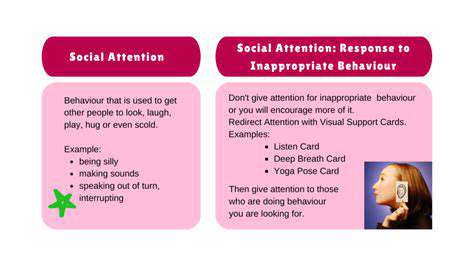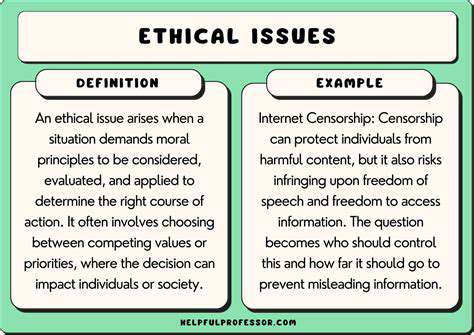The Impact of Adopting vs Buying a Pet
Adopted pets carry the same health risks as purchased ones. That free shelter cat might need $2,000 dental work next month - a scenario I've seen play out repeatedly at our local clinic.
Insurance Considerations
Modern pet insurance can be a financial lifesaver, covering everything from routine care to cancer treatments. Premiums vary based on coverage level, your pet's breed (some are prone to expensive conditions), and age at enrollment. The sweet spot? Enrolling young, healthy animals before pre-existing conditions develop.
Lifestyle Impacts
Pets reshape your daily rhythm in ways that affect your wallet. That lunchtime walk with Fido might mean fewer restaurant meals. Boarding costs during vacations add up quickly. I've known professionals who turned down promotions because the new schedule wouldn't work with their pet's needs.
Long-Term Financial Projections
Smart owners map out 10-15 year cost projections. Senior pets often need prescription food, arthritis meds, and more frequent vet monitoring. Budgeting $15,000-$20,000 over a dog's lifetime isn't unrealistic for medium breeds - a figure that shocks many first-time owners.
Tax Implications
While few jurisdictions allow pet deductions, service animals and foster situations sometimes qualify. Keep meticulous records - I helped a client claim $3,200 in foster care expenses after our local shelter provided proper documentation.
The Impact on Your Lifestyle and Responsibilities
Adopting vs. Buying: Shifting Your Lifestyle
That furry alarm clock doesn't care about your hangover. Pets impose structure - meals, walks, and playtime happen on their schedule. Successful owners build their social lives around pet needs rather than fighting them. I've seen more relationships fail over whose turn it is to walk the dog than I can count.
Financial Considerations: Budgeting for Adopting vs. Buying
While adoption saves upfront, I always counsel clients to budget for hidden costs like behavior training (common with shelter pets) and replacing destroyed furniture. Purebreds from ethical breeders often come with predictable temperaments but higher lifetime healthcare costs - that show-quality Golden Retriever might need $8,000 in hip replacements.
Time Commitment and Responsibilities
My neighbor's easy cat requires 45 minutes of daily play to prevent destructive behavior. Dogs? Plan for 3-4 hours of active time daily. Prospective owners dramatically underestimate time requirements until they're waking up at 5:30 AM for potty breaks.
Space and Environment Needs
That Great Dane puppy looks adorable until it's knocking over your apartment's furniture. I always recommend measuring your space and researching breed needs thoroughly - a client learned the hard way when her energetic Border Collie started climbing bookshelves in a 600 sq ft condo.
Impact on Your Social Life
Pet owners statistically host more gatherings (showcasing their animals) but travel less spontaneously. The smart ones cultivate pet-friendly friend networks for reciprocal sitting - a system that saved my vacation when my terrier needed last-minute care.
Ethical Considerations: Supporting Responsible Breeding Practices

Ethical Implications of Data Collection
In our digital age, the privacy risks surrounding pet microchipping databases mirror human data concerns. Reputable shelters now provide opt-out options after incidents where breeders harvested adopter data for spam campaigns.
Ensuring Responsible Data Use
Veterinary networks sharing prescription data must maintain HIPAA-level security - a 2023 breach exposed 400,000 pets' medication histories. I advise clients to ask how their clinic stores records and who accesses prescription histories, especially for service animals where medication patterns could reveal human disabilities.











